The Second Track 1.5 Dialogue between China and the United States was held in Beijing on Thursday, which observers said serves as both an authoritative and flexible channel to bring together officials and scholars for in-depth and candid discussions on managing bilateral ties to avoid conflicts.
Some 30 representatives from both China and the U.S., including John Thornton, co-chair of the board of trustees of the Asia Society in the U.S., attended the dialogue, under the theme of "sharing perspectives and finding solutions on key and urgent issues".
The dialogue was co-hosted by the International Department of the Communist Party of China Central Committee and the Asia Society. The first such dialogue was held in October via video link. Track 1.5 means a gathering of government officials and scholars in less formal ways.
Zhang Tengjun, deputy director of the China Institute of International Studies' Department for American Studies, said that the track 1.5 dialogue provides a valuable channel through which policymakers can convey authoritative information while sharing views in an unofficial setting.
"It plays a unique and important role during a time when Sino-U.S. communication is not very smooth," Zhang said.
According to a readout released by the International Department of the CPC Central Committee, both sides agreed that China and the U.S. should adhere to peaceful coexistence and avoid conflict and confrontation, as well as strengthen communication and dialogue to enhance mutual understanding and trust.
Both sides recognize the need to strengthen risk management and properly handle differences so as to shoulder their responsibilities as major countries in jointly addressing global challenges.
Both sides agreed to continue deepening dialogue and communication, and make efforts to promote the stable and healthy development of bilateral relations.
Zhang said it is necessary for China and the U.S. to establish a jointly agreed upon strategic guiding principle in order to achieve peaceful coexistence, and the prerequisite is a correct understanding of the bilateral relationship.
The current problems in mutual ties stem from misperceptions, in particular, Washington's misunderstandings about China's development and viewing Beijing as a strategic rival, Zhang said.
The U.S. needs to correct its misconceptions about China and view the country in an objective and rational manner, he said, adding that only on this basis can the two countries address specific issues and stabilize their ties.
Since the summit between the two heads of state in November in San Francisco, official exchanges between the two sides have been resumed, including the bilateral high-level military dialogue, the first bilateral artificial intelligence talks and meetings of the financial working group.
From May 30 to June 2, Vice-Foreign Minister Ma Zhaoxu visited the U.S., marking the latest bilateral engagement.
Frequent and regular exchanges between top leaders of China and the U.S. should be strengthened to lead and navigate bilateral relations, Zhang said, adding that various dialogue mechanisms among government departments are also expected to bring early results and achieve tangible outcomes.
"Areas like climate change, health and AI are less politically sensitive and are areas in which the two countries have fewer structural conflicts and more integrated interests," Zhang said.
Expanding cooperation in these areas will help build up trust and cultivate consensus, in a bid to stabilize China-U.S. relations, he added.









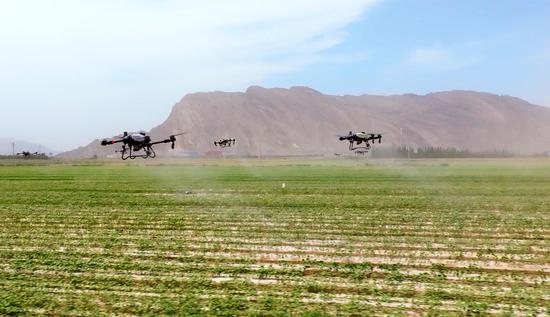





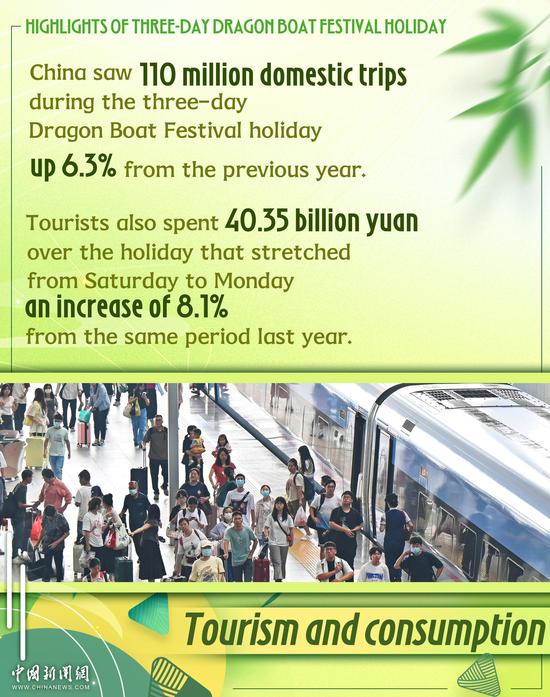

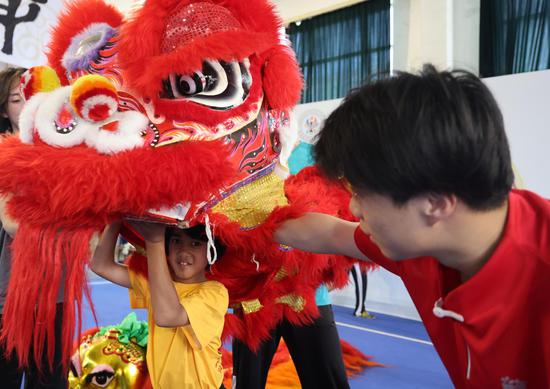
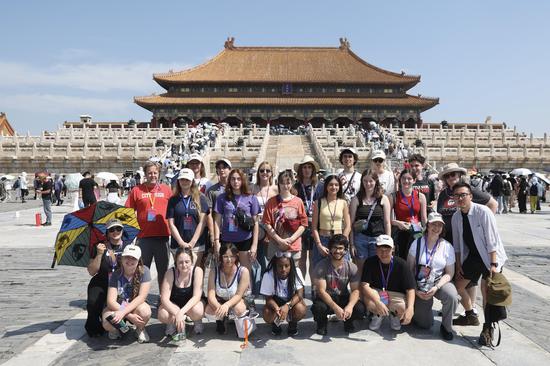







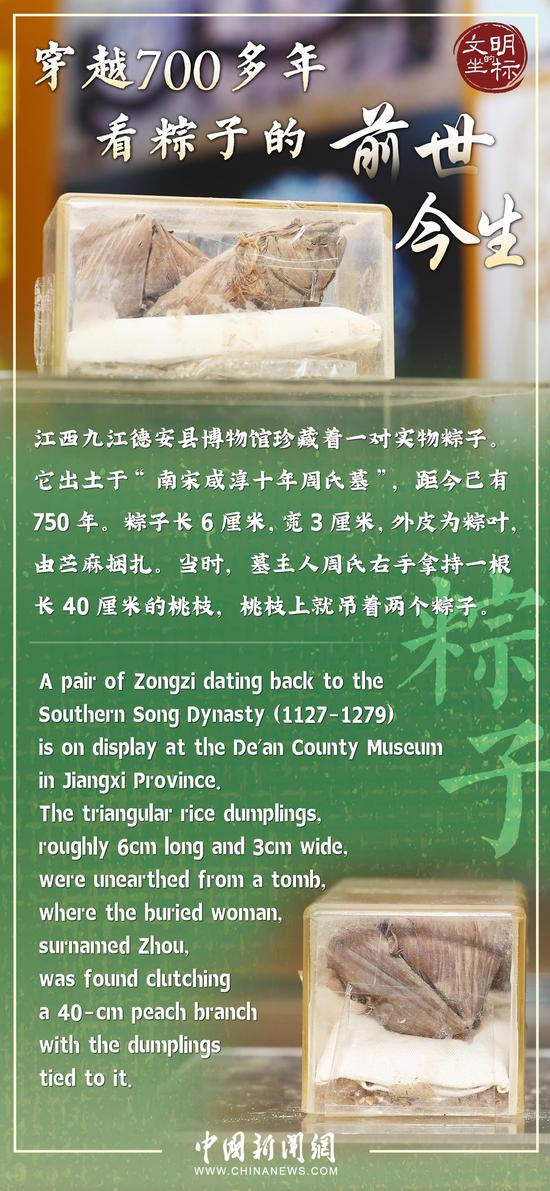

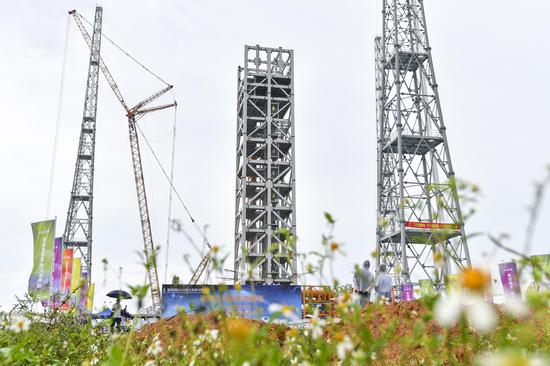


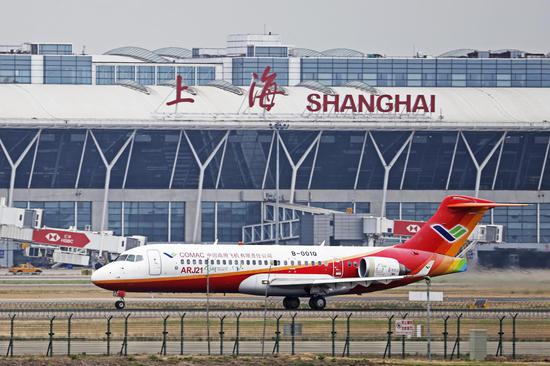



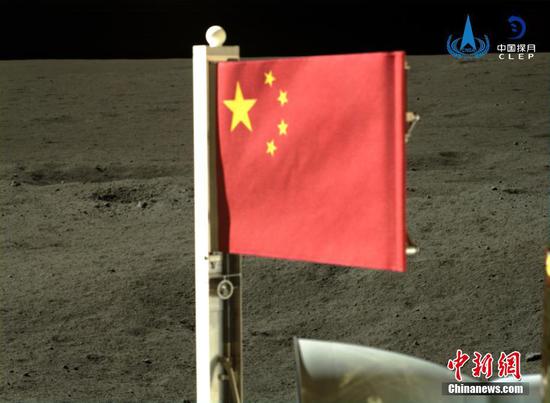



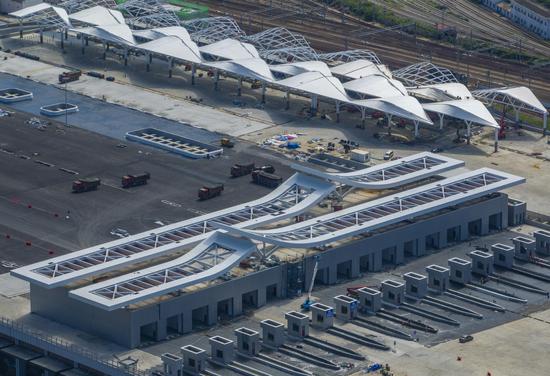
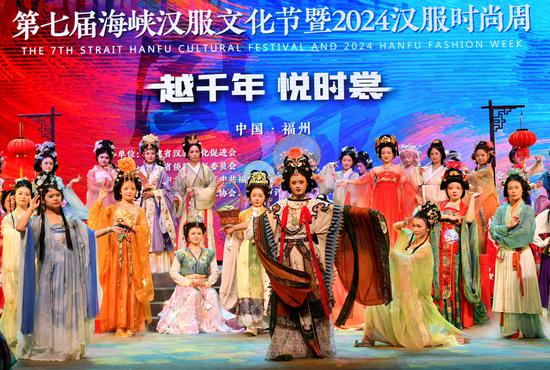

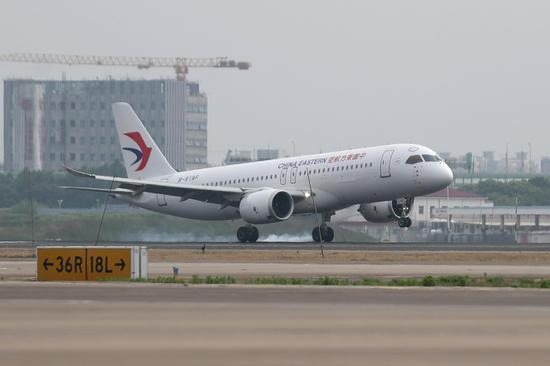







 京公网安备 11010202009201号
京公网安备 11010202009201号